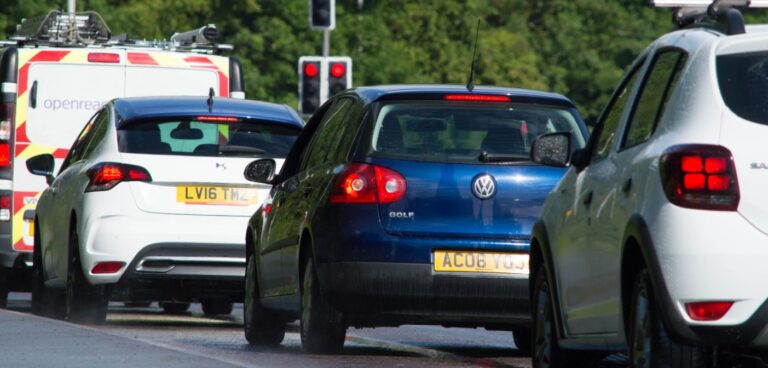A report will be going before councillors in Brighton and Hove next week (Tuesday 20 September) asking them to approve measures to tackle moving traffic offences (MTOs).
Members of the Environment, Transport and Sustainability (ETS) committee will be be asked to give their approval to recommendations for taking the initiative forward, including a public consultation.
From 31 May 2022, the UK government gave local authorities the ability to apply for powers to enforce MTOs, such as illegal U-turns, stopping in a yellow box junction and going the wrong way on a one-way street.
Read more: Derby among councils to get new road safety powers
The new powers also offer councils opportunities to improve road safety and reduce congestion.
Currently, the police are responsible for enforcing moving traffic offences, but they are not always prioritised.
The devolved powers state that enforcement should only be used to target problem locations and where reasonable improvements to the highway and signing have already been made. Monitoring will be required at every location before enforcement action is approved.
If approved by the ETS committee, council officers would initiate the process of applying for the new powers, including a public consultation on the types of restrictions and locations in question.
If powers are granted, rollout would focus on strategic routes and safety issues first and on a trial basis, before the procurement of technology and resources needed for enforcement.
In the initial phase, a number of problem locations have been identified for enforcement, which would not commence until autumn 2024, including:
- Lewes Road junction with Upper Lewes Road (banned turning)
- Old Shoreham Road junction with New England Road (yellow box junction)
- Church Street junction with Mount Zion Place (prohibition of traffic)
- School Streets (enforcing restrictions)
Steve Davis, councillor and co-chair of the Environment, Transport and Sustainability committee said: “We’ve long called for the power to enforce offences which put the safety of residents at risk and increase congestion in the city.
“Using monitoring data and consulting with residents, we can identify those problem areas of the city and take action against people breaking the law, especially those who put others in danger.”
More information will be available in the committee’s report.





